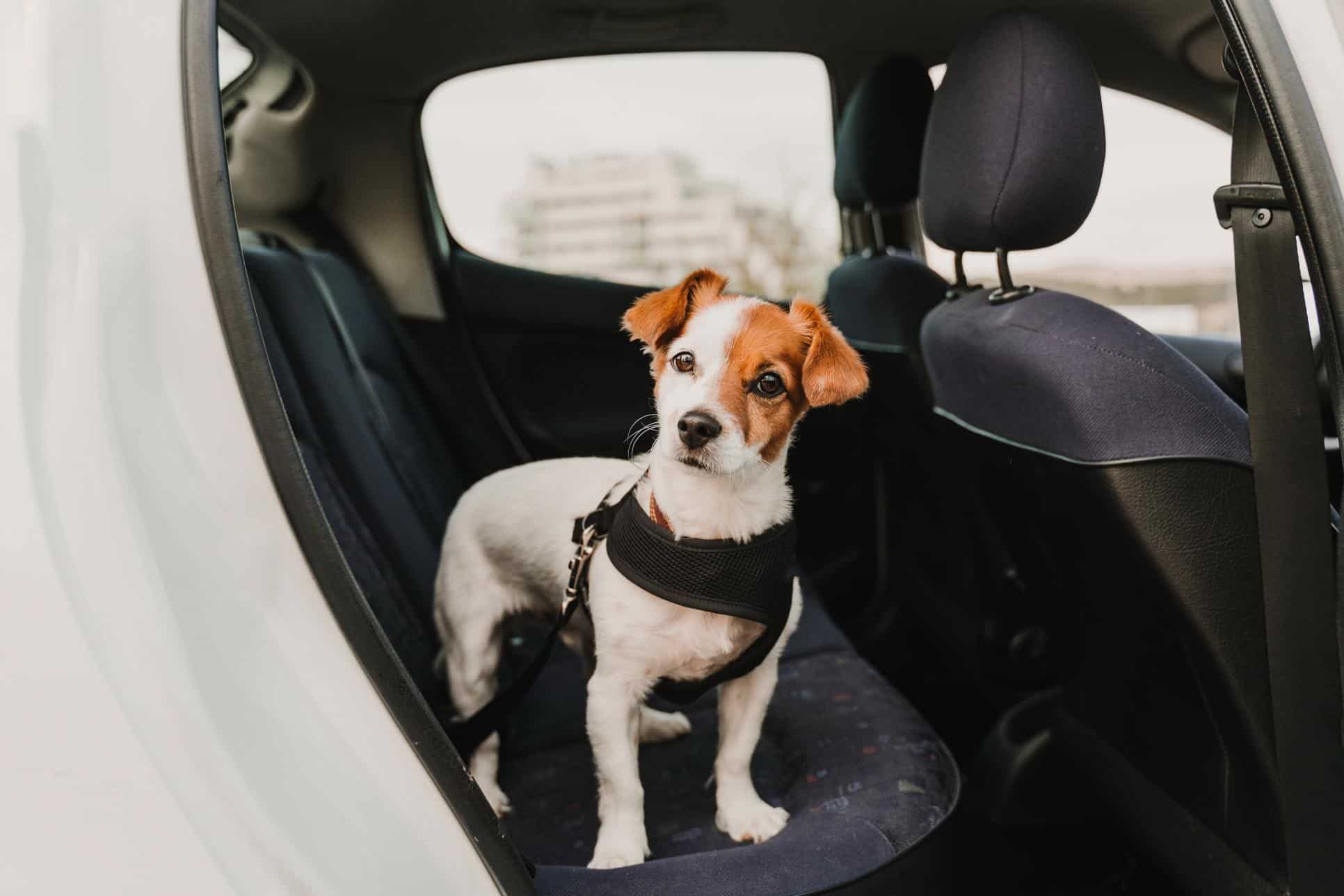National Pet Safety Week

Pets are innately vulnerable to illness or injury no matter how hard we try to protect them. In order to safeguard pet health and wellness, we recommend yearly or biannual wellness exams. These can lead to early detection and effective treatment of various health conditions. Even with regular wellness visits, accidents can happen. The week of January 15-21 is National Pet Safety Week. As a way to enhance animal well-being, this special event is worthy of our collective time and attention.
Contagious Disease
Disease prevention is at the cornerstone of preventive veterinary care. Pets receive their first round of vaccinations by the time they reach 8 weeks of age. Core and non-core vaccinations are discussed at every wellness exam, and boostered every year if appropriate. As a result of this practice, contagious diseases are diminished threats to pet safety and health.
Along the same lines, it is essential to limit the risks associated with ticks, mosquitoes, and fleas. These parasites spread diseases like Lyme, heartworm, and tapeworm. Keep your pet safe from parasites by adhering to a year-round parasite prevention schedule.
Prevent Loss or Separation
Pet identification is crucial, and most pets are highly attached to their collars and ID tags. Unfortunately, collars can come off or be purposefully removed leaving pets virtually unidentifiable. Consequently, missing, lost, or stolen pets have more difficulty being returned to their rightful owners.
Your pet’s microchip is the only way to truly protect them from permanent loss or separation. While it doesn’t track their location, microchips can be scanned to pull up identification and contact information in a national database. In this way, pet microchips are essential in reuniting pets with their families.
An Eye on Preparation
Nobody enjoys thinking about the likelihood of natural disasters or other calamities, but fires, floods, and other emergencies are always possible. Pet safety hinges on owner preparation to get through dangerous situations.
We recommend that owners establish and maintain a pet safety kit that holds the following:
- Food and water to last between 3-7 days (rotate expired items out as needed)
- Pet waste bags, litter, and wipes
- Treats and toys
- Harness, leash, and collar with ID tags
- Reflective gear and flashlights
- Bedding
- First aid kit
- Prescription medication
- Crate or travel kennel
- Recent picture of your pet
- Printed medical records (including microchip, prescriptions, and history)
Have an evacuation plan in place that includes destinations, maps, and contact information for motels, veterinary hospitals, and shelters.
National Pet Safety Week
An eye on pet safety is crucial all year long, but during National Pet Safety Week pet owners can strengthen their approach to protecting their best friends.
If you need help addressing any of these components of pet safety, please give us a call at (530) 673-4744. Our veterinary team is always here to help you at Adobe Animal Hospital and Laser Surgery Center.
